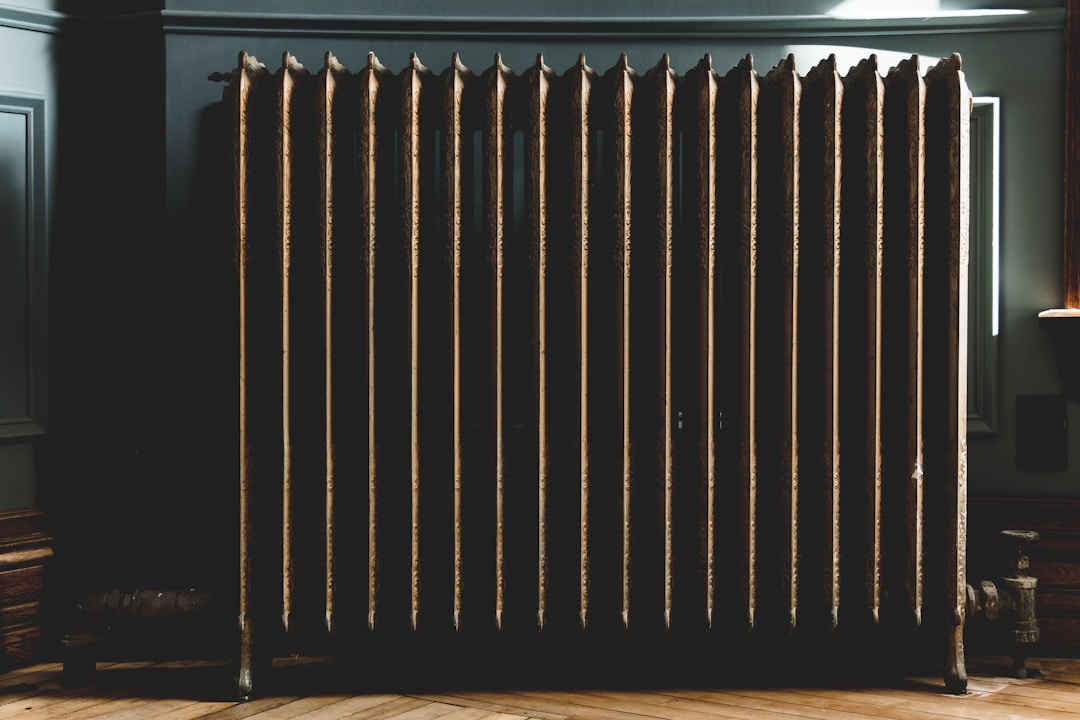People renovate their homes to make them look more beautiful and comfortable. Whether you’re remodeling one room or the entire house, home renovations are pretty tasking. The thrill of renovating your home can be overrun by the time, energy, and money it requires. However, with a few insider tips, things will be a lot more manageable. In this article, we’ll be sharing some home renovation tips and tricks to guide you.
1.Temporarily shut down your HVAC system.

Amidst all the fun that accompanies renovation lies chaos that can mess your cooling and heating system. Things include dirt, debris, twigs, and foliage. So, you have to develop a plan of action to prepare your HVAC system for the remodeling process.
First, shut down your HVAC system temporarily. Then, close and cover the registers and vents in the living room and dining room. Also, make sure you change the air filter before and after the renovation process.
Besides, a clogged air filter can restrict air circulation and reduce the quality of indoor air. Lastly, contact a professional HVAC technician to inspect your ductwork and HVAC system as soon as the renovation work is complete.
2. Set up a temporary kitchen.
There’s no gainsaying that the kitchen is one high-traffic area in the home. We tend to walk into kitchens for almost everything, not just to cook or fixing a meal. Depending on the scale of your renovation, you might need to create a counter space for cooking. Designing a tiny kitchen can be daunting, especially if you haven’t done it before.
One of the tips for designing a small kitchen is to economize space without compromising style and comfort. Move only bare essential items and tools into your temporary kitchen. More so, make provisions for makeshift meal prep and dishwashing space. Your small kitchen design should reflect current trends to make it elegant and modern.
3.Set a renovation budget.

Before setting a budget, start by determining how much you’re willing to spend. Your renovation budget should cover the costs of building materials, building permits, labor, and decorative finishes. Additionally, make provisions in your budget for miscellaneous expenses.
When setting your budget, get free estimates and quotes from multiple contractors to help you establish a benchmark. You might need to cut down on some things if the calculated costs exceed your budget. Besides, you don’t have to break the bank in the name of home renovation. If you don’t have the means to finance your home renovations, you can take out a loan.
4. Hire professional help.
As a homeowner, you don’t necessarily have to do the renovation work yourself. You can hire contractors with years of relevant experience and a good record. If you don’t know any professional contractors, don’t hesitate to ask relatives, friends, coworkers, and neighbors (who have done similar renovation projects) for their recommendations.
Moreover, word-of-mouth marketing is effective. If you want to vet their recommendations, then, by all means, do so. You can also do due diligence on the contractors to check if they have a history of abandoning jobs. Also, try and shortlist those who don’t have disputes with clients. Once you have hired a contractor, insist on a detailed remodeling contract to prevent an unexpected spike in price.
5. Keep in mind the resale value.

If you’re considering selling your home after the renovation, you should improve the house to increase its resale value. The trick is to spend what you can recoup once you finalize the resale. Avoid projects that may make it difficult to recoup your investment—for instance, things like high-end bathrooms, in-ground swimming pools, and garage additions.
Before you start the renovation work, check to see how the projects you will undertake will add to your home’s resale value. There are specific modifications that offer better resale value than others. The bottom line is that your home renovation should help you break even on your investment.











